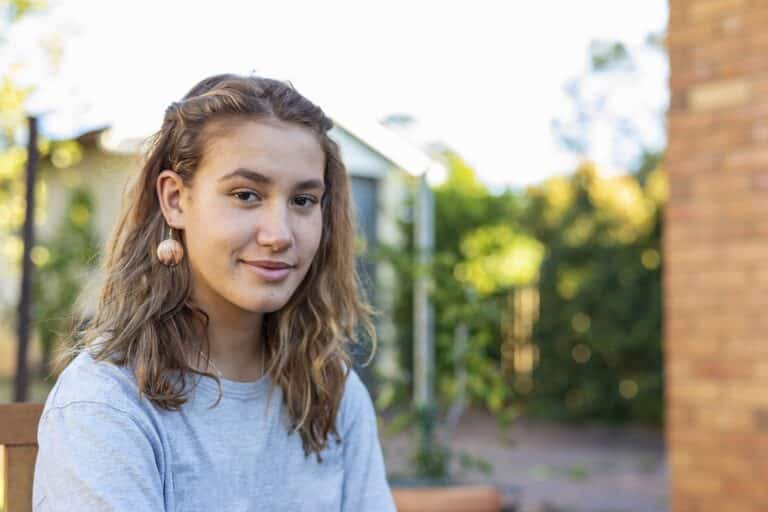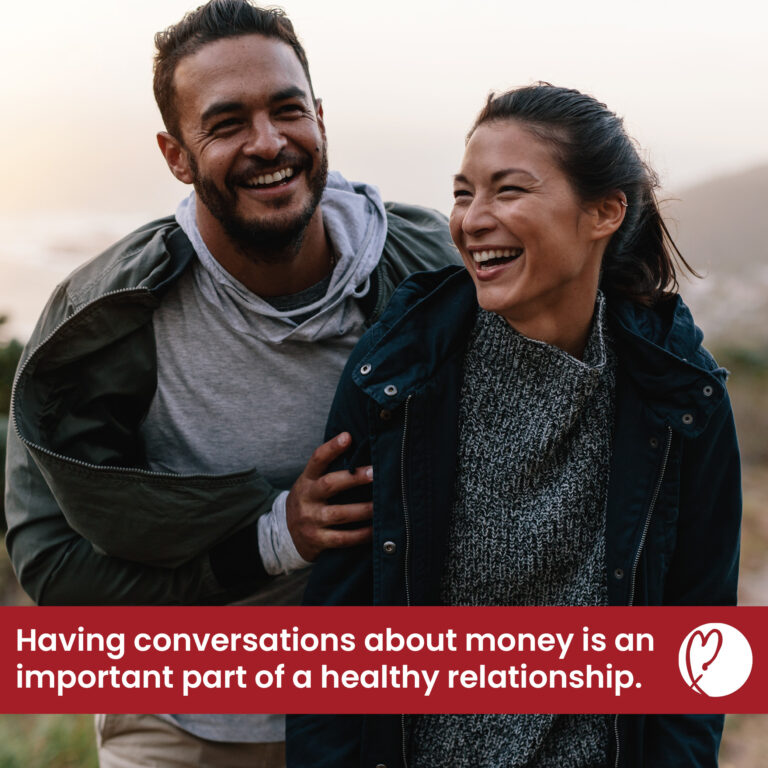Economic harm is a form of family violence that can happen to anyone and a lack of awareness in New Zealand means it often goes unaddressed, creating serious long-term financial hardship for people experiencing it.
For Economic Harm Awareness Day, our panelists explored economic harm.
You’ll gain insight into what economic harm looks like and how it is different to other forms of harm, why we use the term economic harm and not financial abuse and why economic harm is often invisible.
Plus, our panelists discuss what’s being done overseas to prevent economic harm and how we can adapt that in Aotearoa.
Click here to watch the recording
Tune in to gain a better understanding of economic harm and the opportunities we have to address it in our communities.
Webinar: Understanding Economic Harm in Aotearoa
Join our panelists as they discuss economic harm and the opportunities we have to address it in our communities.

Economic harm is a form of family violence that can happen to anyone and a lack of awareness in New Zealand means it often goes unaddressed, creating serious long-term financial hardship for people experiencing it.
For Economic Harm Awareness Day, our panelists explored economic harm.
You’ll gain insight into what economic harm looks like and how it is different to other forms of harm, why we use the term economic harm and not financial abuse and why economic harm is often invisible.
Plus, our panelists discuss what’s being done overseas to prevent economic harm and how we can adapt that in Aotearoa.
Tune in to gain a better understanding of economic harm and the opportunities we have to address it in our communities.
Related
What's discussed
- What economic harm is
- How to recognise economic harm
- Why it's often invisible
- The challenges it causes for people
- What's happening overseas to prevent it
- What support is currently available
Meet the panel
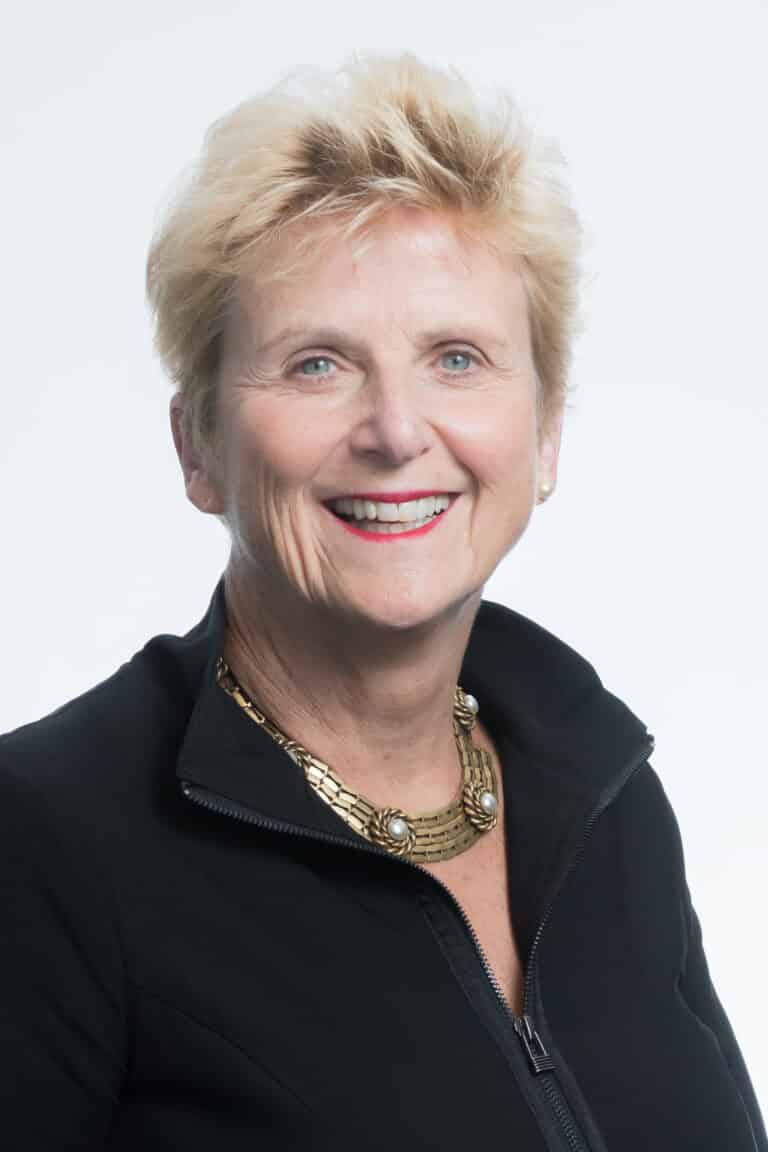
Dame Diana Crossan, Host
Diana is the Chair of Good Shepherd NZ.
She joined Good Shepherd NZ because of its focus on support for girls and women experiencing disadvantage.
Starting her career as a probation officer, Diana has held several senior roles in the public service, and is a former New Zealand Retirement Commissioner.
Diana has held board positions for several major organisations in the past, including the Ngāi Tahu savings scheme, Whai Rawa, and the JR McKenzie Trust.
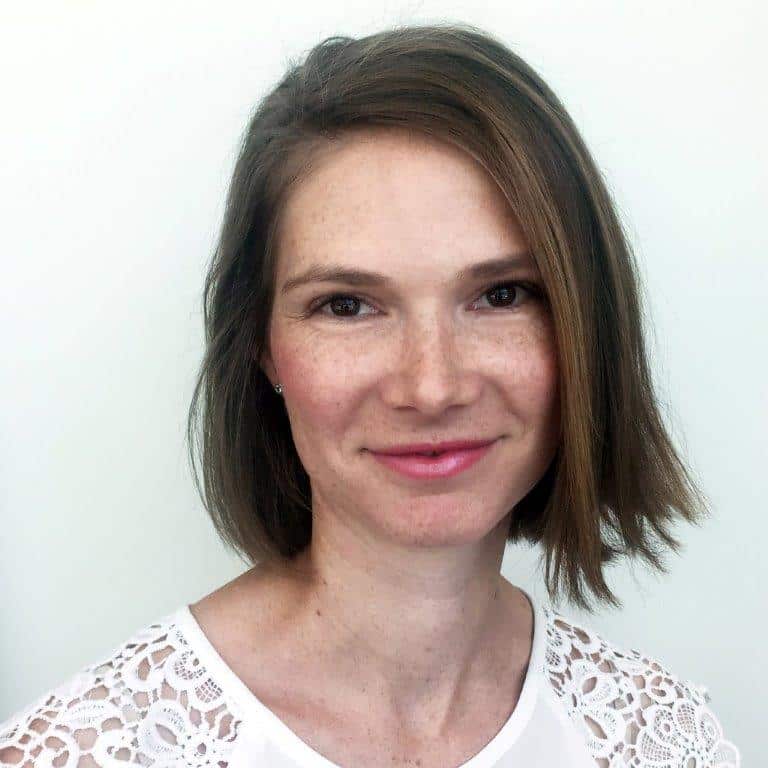
Dr. Ayesha Scott, Panelist
Ayesha is an interdisciplinary researcher, with an agenda that spans violence against women, empirical finance, personal finance and financial econometrics.
She is passionate about healthy financial relationships and an advocate against economic harm in intimate relationships.
Ayesha joined the AUT Business School, Finance Department in October 2016.
She obtained her PhD in Financial Econometrics in July 2016 from Queensland University of Technology (QUT), Australia, and has undergraduate degrees in Mathematics and Finance.
Her research, teaching, and professional interests focus on improving New Zealanders’ understanding of healthy financial relationships and their personal financial fitness.
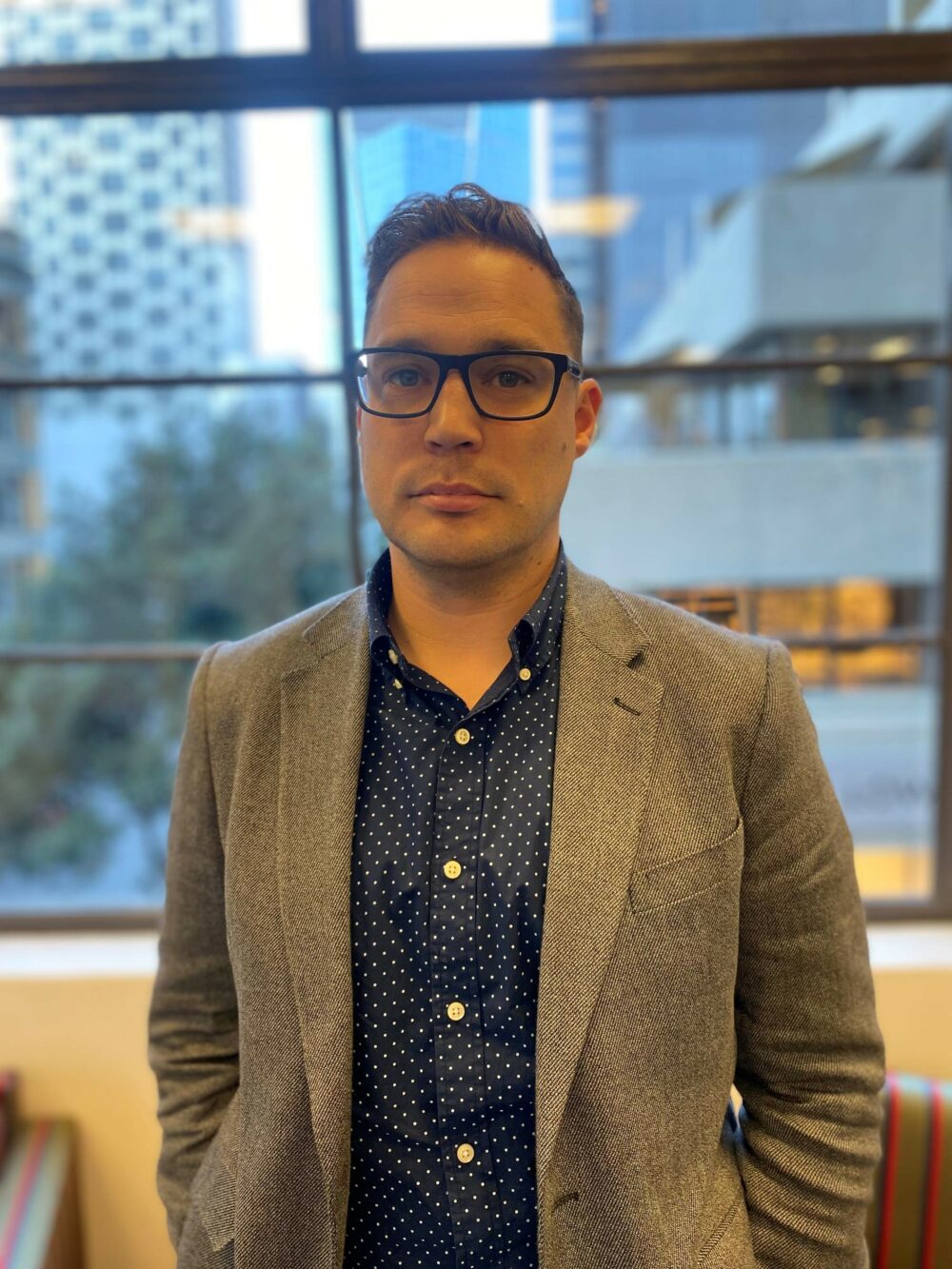
Martin King, Panelist
Martin King is the Chair of the New Zealand Bankers Association‘s Vulnerability Working Group. He is General Manager for Customer Assist at BNZ – Customer Assist supports BNZ’s customers in financial difficulty, manages complaints and drives improved outcomes for customers in vulnerable circumstances.
Alongside both these roles, Martin also co-leads a UNEPFI group on financial inclusion and financial health.
Martin has considerable experience advocating for improved responses to economic harm. Before joining BNZ he was Head of Customer Vulnerability for Lloyds Bank, and worked closely with the UK charity Surviving Economic Abuse and its founder Dr Nicola Sharp-Jeffs to raise awareness of economic harm and develop an appropriate banking sector response for vulnerable customers.
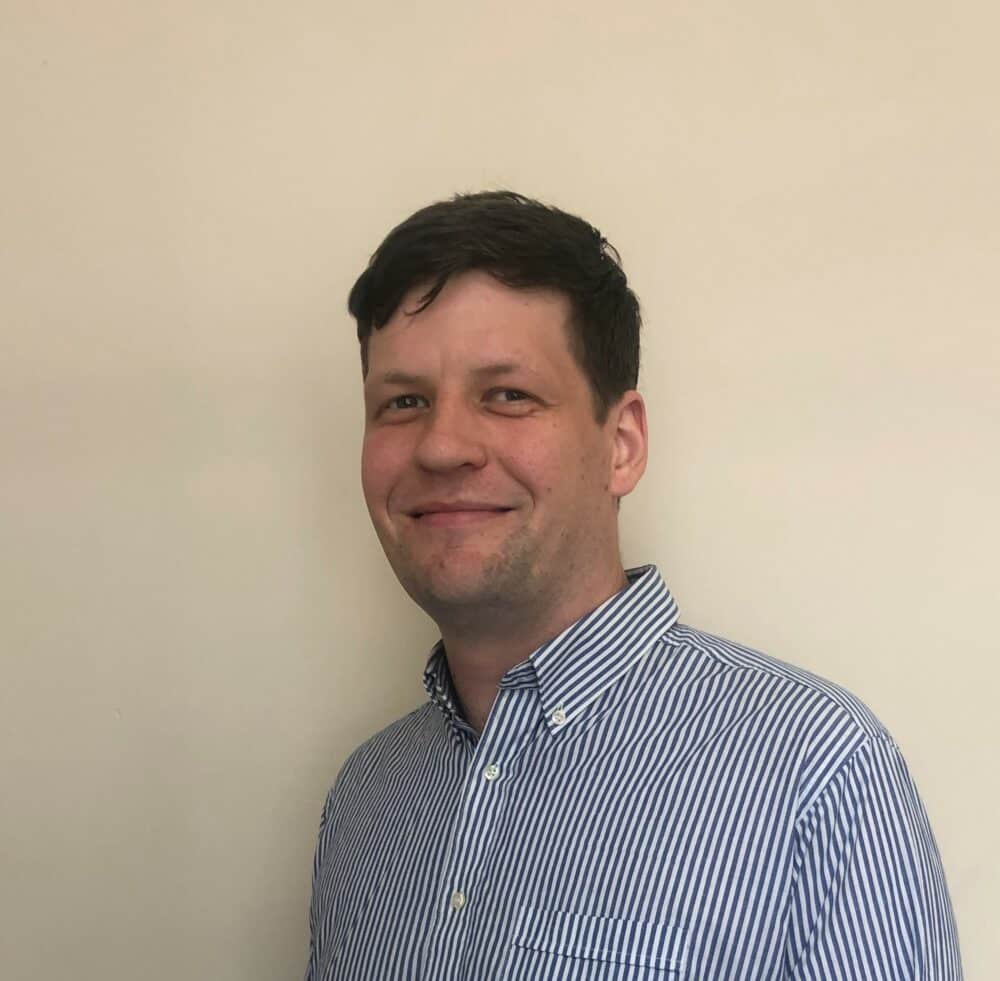
Jake Lilley, Panelist
Jake Lilley is a Senior Policy Advisor at FinCap, an NGO supporting 900 financial mentors across Aotearoa.
In this role, he works with financial mentors to understand and pursue opportunities to effectively resolve systemic issues causing whānau to face hardship.
He previously worked at the Consumer Action Law Centre in Melbourne with a focus on ensuring fair access to essential energy services.
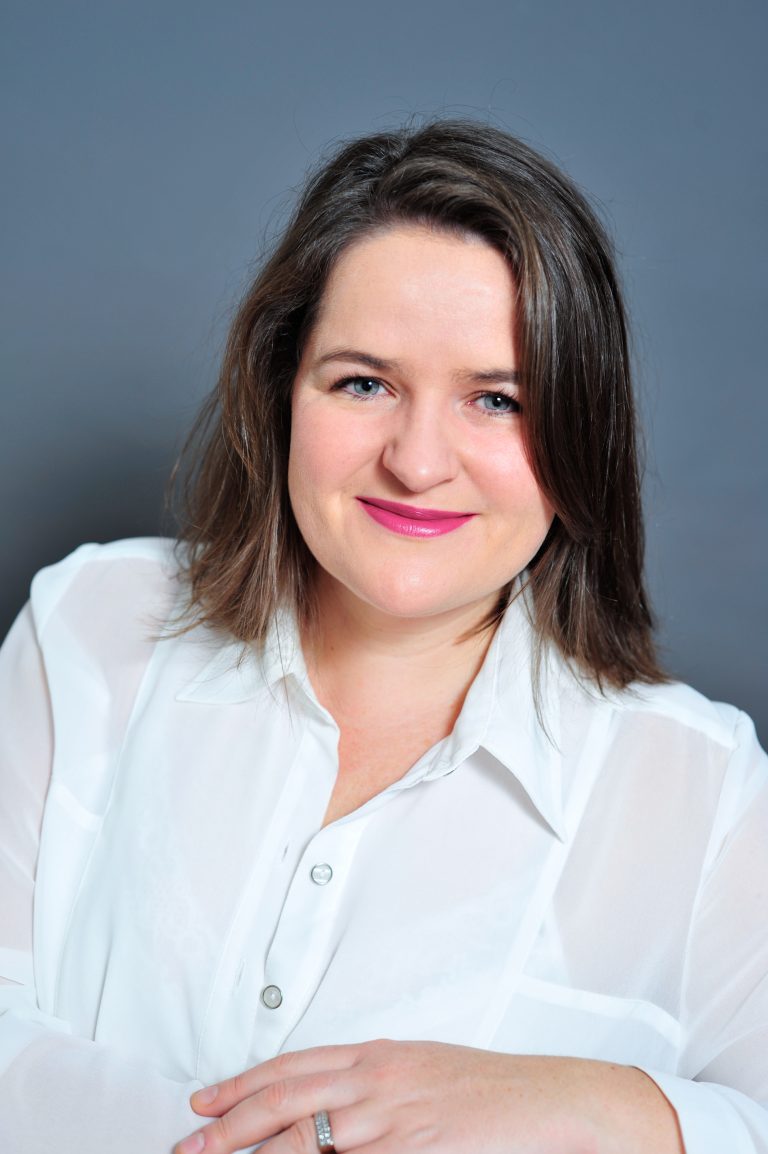
Nicola Eccleton, Panelist
Nicola is the Social Inclusion Manager at Good Shepherd NZ.
She was introduced to economic harm when she was working at family violence agency Aviva, piloting a Good Shepherd NZ microfinance programme to support Aviva’s clients.
Nicola co-wrote our 2018 research: Economic Abuse in New Zealand and is currently leading Good Shepherd New Zealand’s work in this area.
This includes the development of our healthy relationships toolkit, other economic harm resources and training, and a pilot programme supporting clients to address the impact of economic harm.

